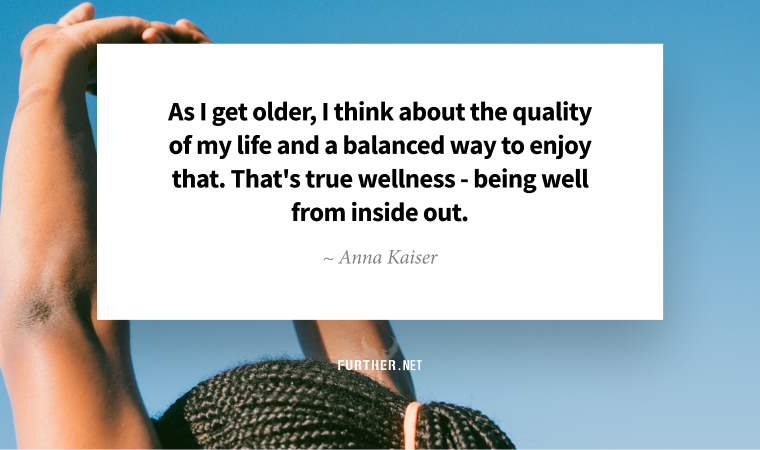
True story: when I popped onto Amazon to check out The Gospel of Wellness: Gyms, Gurus, Goop, and the False Promise of Self-Care by Rina Raphael, I was ironically fed a bright fuschia ad for an all-natural probiotic supplement for vaginal and digestive health.
In a nutshell (because, gents, you’re not off the hook with fads like infrared “testosterone-enhancing” testicle tanning), this is the problem with the $1.5 trillion wellness market. It pushes products we don’t want or need under the guise of “wellness.”
Today’s snake oil is concocted to take advantage of the burnt-out, exhausted, and overwhelmed among us who put their faith in wellness as a cure-all (79%, according to recent McKinsey research). But as we’ve discussed before, wellness isn’t that complicated (or expensive).
The Sick Part
Actual wellness isn’t found in a bottle or box — it’s about taking proactive steps to improve your physical and psychological well-being. Sounds simple, but our busy lives complicate things. This creates a nasty Catch-22 situation.
The more overwhelmed and exhausted we get, the more we seemingly owe it to ourselves to pursue ‘wellness.’ The more burdens we accumulate—children, aging parents, student loans, mortgages, anxiety disorders, bad backs, extra pounds—the more we’re urged to be well by way of still more effort: throwing out our plastic containers, cutting out lectins, practicing mindfulness, learning about environmental toxins, doing the research.
Sounds familiar — any of those things can be topics for a Further article or a webinar in our Well + Wealthy community. But as Raphael told Salon:
I’m not saying that there’s not value with being told to take care of yourself and to prioritize fitness and nutrition. It’s just that the way it’s being sold to us is quite problematic.
In other words, the endless goop marketers push and customers consume with near-religious zeal is just a symptom. To heal our obsessive quest for well-being, we have to treat the root causes.
The Wellness Remedy
When your life feels chaotic, it’s natural to wish there was something you could pop to ease the pain. But what ultimately ails us is complex and ingrained.
We’re so inured to the idea that we can win by just working a little harder, when what we really need are radical structural overhauls that might make having children, demanding jobs, and elderly relatives less of an all-consuming load.
True well-being comes from some old-fashioned sources: community, connection, and caring — for ourselves and others. Instead of trying to buy your way to feeling better, try focusing on filtering out toxic aspirations and letting go of perfection instead. That’s the ultimate wellness boost that will get you moving forward, day by day, to a happier, healthier you.
How Did Healing Ourselves Get So Exhausting? (The Atlantic)
“The Gospel of Wellness” author on the cult of Gwyneth, and why Goop fans don’t buy the snake oil (Salon)
